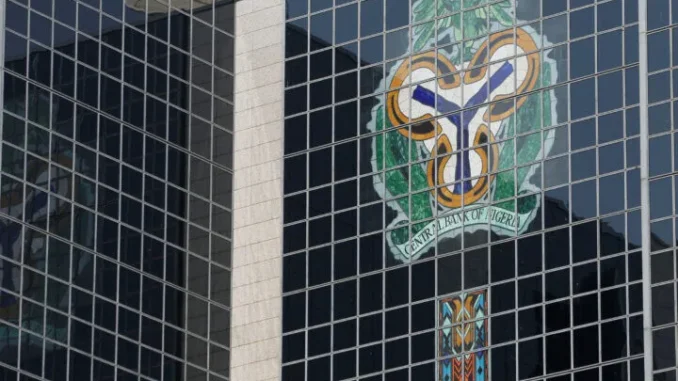
The Central Bank of Nigeria (CBN) has recently updated the minimum capital requirements for banks operating within the country.
This move is aimed at strengthening the financial system and enhancing the resilience of Deposit Money Banks (DMBs).
Here’s what you should know about these new regulations and what they mean for the banking sector in Nigeria.
Understanding the New Capital Requirements
The CBN has set new benchmarks for the minimum capital that banks must hold:
- Commercial Banks with International Authorization: N500 billion
- National Banks: ₦200 billion
- Regional Banks: ₦50 billion
- Merchant Banks: ₦50 billion
- Non-Interest Banks with National Authorization: ₦20 billion
- Non-Interest Banks with Regional Authorization: ₦10 billion
These requirements are part of the CBN’s efforts to align with Basel III standards and ensure that Nigerian banks are well-capitalized to withstand financial shocks.
What prompted the CBN to revise the capital requirements?
The revision of the capital requirements is part of the CBN’s ongoing efforts to fortify the Nigerian financial system and enhance the capacity of banks to support economic growth.
How will banks meet the new capital requirements?
Banks are encouraged to consider various options such as fresh equity capital injections, rights issues, private placements, mergers and acquisitions, or even changing their license authorizations to meet the new requirements.
What is the deadline for banks to comply with the new requirements?
Banks have been given a 24-month period, starting from April 1, 2024, to meet the new capital requirements.
How does this affect new banks or banks in the process of being established?
The new capital requirements will apply to all new banking license applications submitted after April 1, 2024. Existing applications where a capital deposit has been made will continue to be processed under the previous requirements.
Table of Minimum Capital Requirements
| Bank Type | Minimum Capital Requirement |
|---|---|
| International | ₦500 billion |
| National | ₦200 billion |
| Regional | ₦50 billion |
| Merchant | ₦50 billion |
| Non-Interest (National) | ₦20 billion |
| Non-Interest (Regional) | ₦10 billion |

Leave a Reply